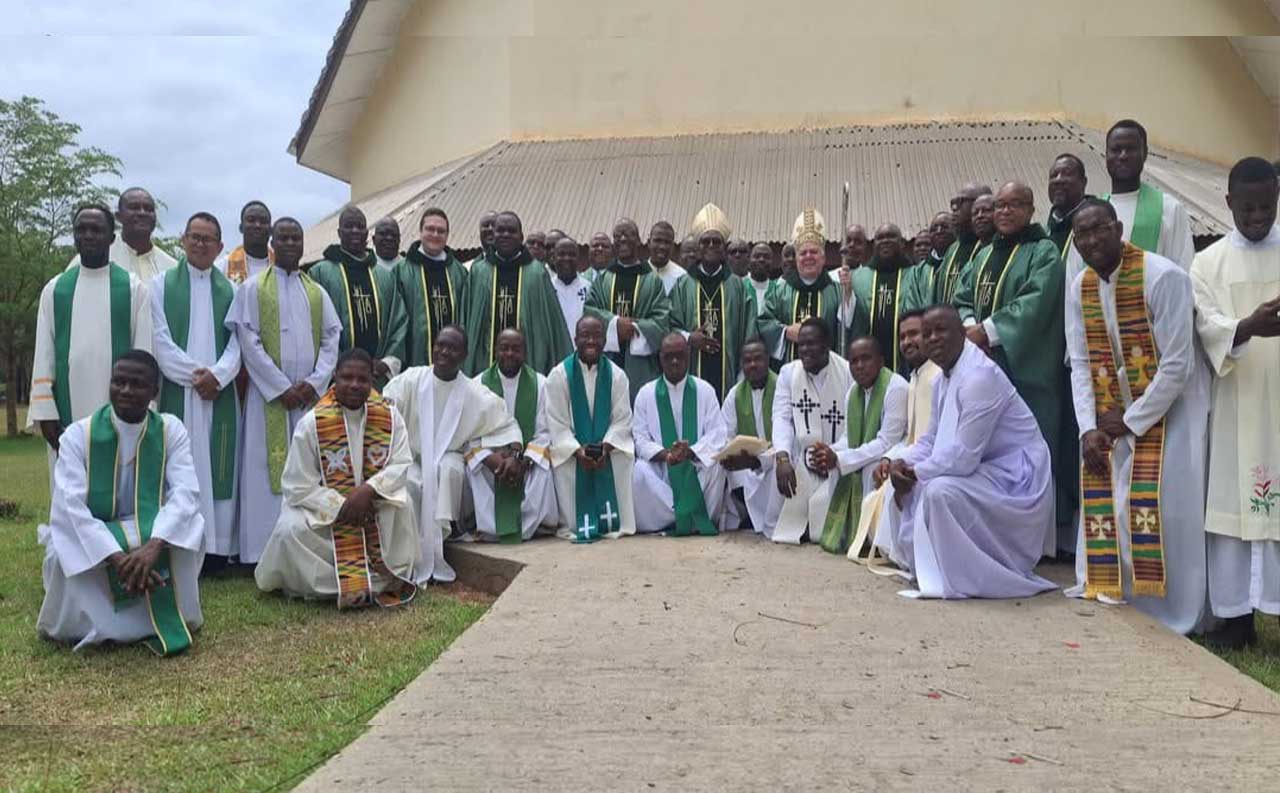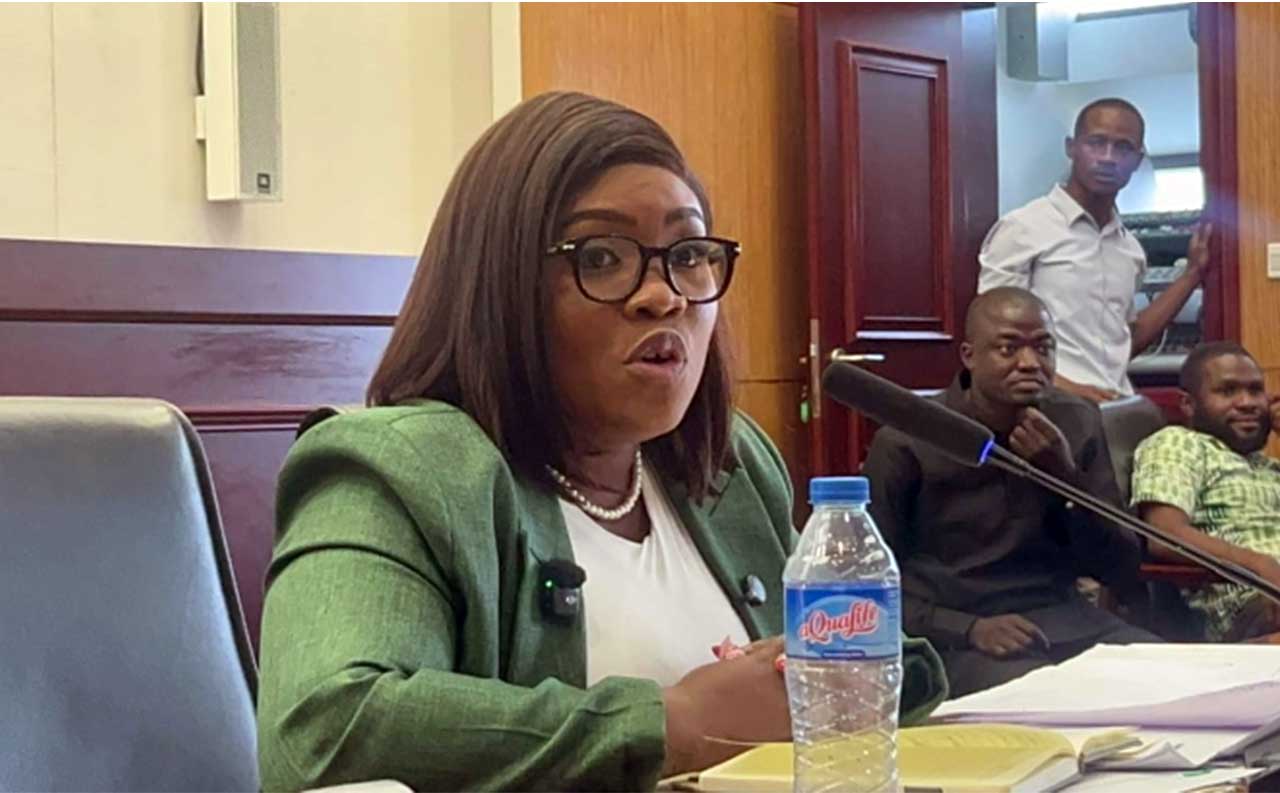Following the just ended National Gathering of Priests at the St. Paul College Seminary in Gbarnga, Bong County, where they deliberated on their mission to serve the people of God in Liberia, Roman Catholic priests have finally resolved to uphold and protect minors and vulnerable adults under pastoral care.
According to the resolutions, the pastoral care is in line with the Policy Guidelines of the Catholic Bishops Conference of Liberia (CABICOL) and the Universal Church according to the provisions of Article 1, section 1 of Vox Estis Lux Mundi, Article 6, Section 1 & 2 of the Motu Proprio Sacramentorum Sanctitatis Tutela (2nd Revision, 2021), and Canon 1398, Section & 2 of the 2021 revised penal law of the Code of Canon Law.
The resolution came a few months after a priest believed assigned at the Christ the King Catholic Church was accused of raping a minor.
During the gathering, one of the presenters advised priests and religious leaders not to accuse others, or the Catholic Church should not attempt to influence the outcome of the case when a priest is accused of rape/sexual abuse; pursuit of justice should be free from interference, whether through civil action or ecclesiastical processes.
The gathering, which brought together priests from the three dioceses of Liberia, was under the theme, “Fostering Priestly Fraternity and Safeguarding.” The Roman Catholic Priests also resolved to recommit themselves in collaborating with the Local Ordinaries in providing pastoral care to the people according to provisions of Canon 529, Section 2.
According to the resolution, they (priests) will promote responsible stewardship of Church’s resources, and to strongly encourage the faithful to contribute to the sustenance of the church according to the provisions of Canon 222, Section 1.
However, the Catholic Priests resolved to foster priestly fraternity, share joy, hopes and grief of one another according to provisions of Canon 275, §1. During the first day of the gathering, the clergy addressed safeguarding and policy guidelines for handling sexual abuse cases.
The policy, as presented, prioritizes a strong Victim-First approach, which means victims are to be listened to and cared for first and foremost, adding that outreach to the victim’s family is also a key component of pastoral care. According to the policy, the intent is not to diminish the gravity of the situation or to rationalize the abuse in any way.
Furthermore, the Church was advised to firm its commitment to cooperate with the Government of Liberia in cases, which underscored the Church’s policy is to avoid intervention or influence at the civil level and instead await the court’s final decisions.
By Prince Saah



